Public Health Concerns and Advocacy
Public health concerns and advocacy are increasingly shaping the environment health-safety market in South Korea. Heightened awareness of health issues related to environmental factors has led to greater public demand for safer products and practices. Advocacy groups are actively pushing for stronger regulations and corporate accountability, which in turn influences market dynamics. The environment health-safety market is likely to see a surge in demand for products that ensure public safety and environmental protection. As consumers become more informed, companies are compelled to enhance their health and safety measures, thereby driving growth in this sector.
Stringent Environmental Regulations
The enforcement of stringent environmental regulations in South Korea is a primary driver for the environment health-safety market. The government has implemented various laws aimed at reducing pollution and promoting sustainable practices. For instance, the Ministry of Environment has introduced regulations that mandate companies to adhere to specific emission standards. This has led to an increased demand for compliance solutions, including monitoring and reporting technologies. As of 2025, the market for environmental compliance solutions is projected to grow by approximately 15%, reflecting the urgency for businesses to align with these regulations. Companies are investing in advanced technologies to ensure compliance, thereby driving growth in the environment health-safety market.
Growing Industrialization and Urbanization
The rapid pace of industrialization and urbanization in South Korea is a significant driver of the environment health-safety market. As cities expand and industries proliferate, the demand for effective environmental health and safety solutions increases. Urban areas are experiencing heightened pollution levels, necessitating the implementation of robust health and safety measures. The environment health-safety market is projected to grow by 12% annually as industries seek to mitigate environmental impacts. This growth is further fueled by the need for sustainable urban planning and the adoption of green technologies, which are becoming essential for compliance and public health.
Increased Investment in Sustainable Practices
There is a notable increase in investment in sustainable practices among South Korean companies, which is driving the environment health-safety market. Businesses are recognizing the long-term benefits of sustainability, including cost savings and enhanced brand reputation. As of 2025, approximately 30% of companies are expected to allocate budgets specifically for environmental health and safety initiatives. This trend is likely to lead to the adoption of eco-friendly technologies and practices, further stimulating market growth. The environment health-safety market is thus positioned to benefit from this shift towards sustainability, as companies strive to meet both regulatory requirements and consumer expectations.
Technological Advancements in Safety Equipment
Technological advancements in safety equipment are significantly influencing the environment health-safety market. Innovations such as smart sensors, wearable technology, and automated monitoring systems are enhancing workplace safety and environmental protection. For example, the integration of IoT devices allows for real-time monitoring of hazardous conditions, which is crucial for industries like manufacturing and construction. The market for smart safety equipment is expected to reach $1 billion by 2026, indicating a robust growth trajectory. These advancements not only improve safety outcomes but also reduce operational costs, making them attractive to businesses in South Korea.


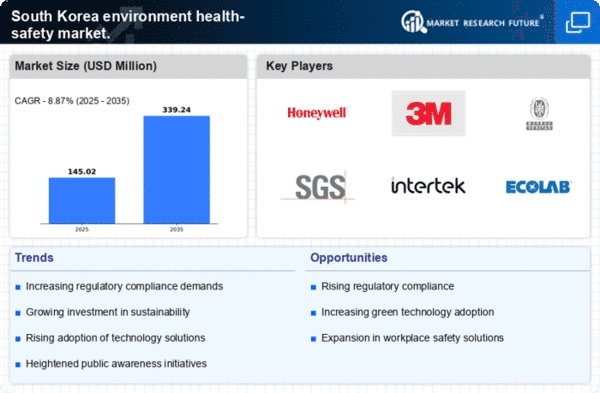
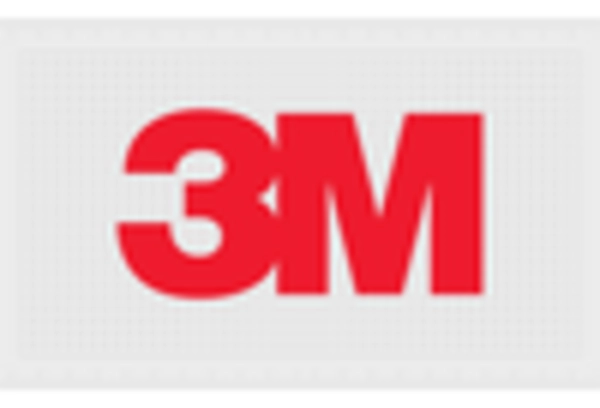
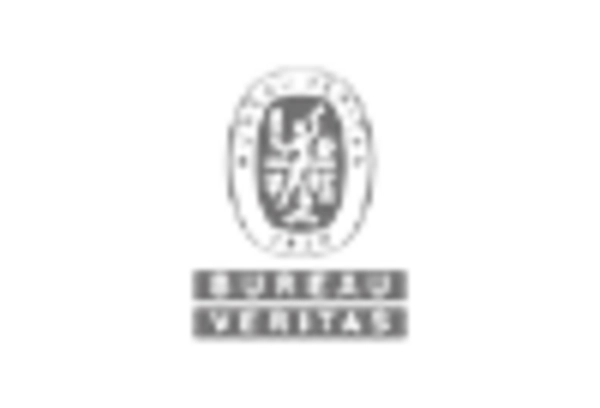
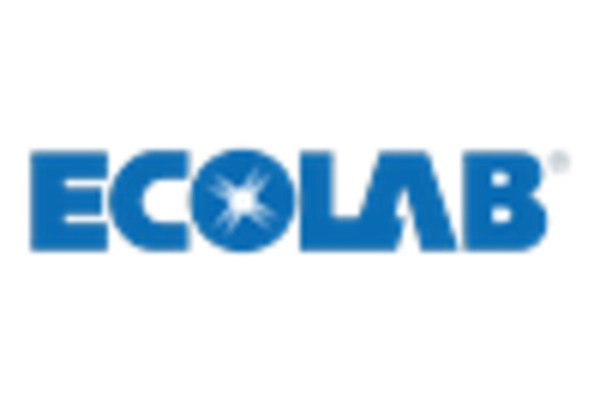

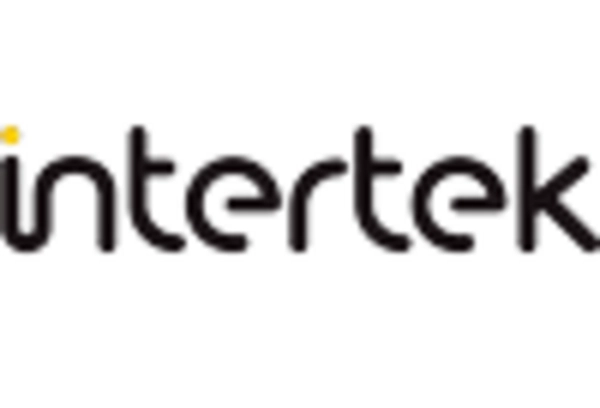
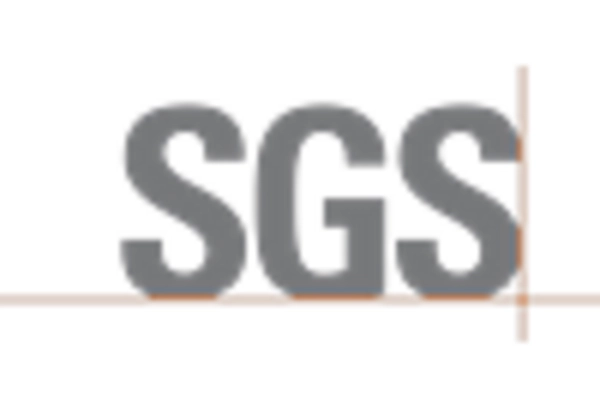








Leave a Comment